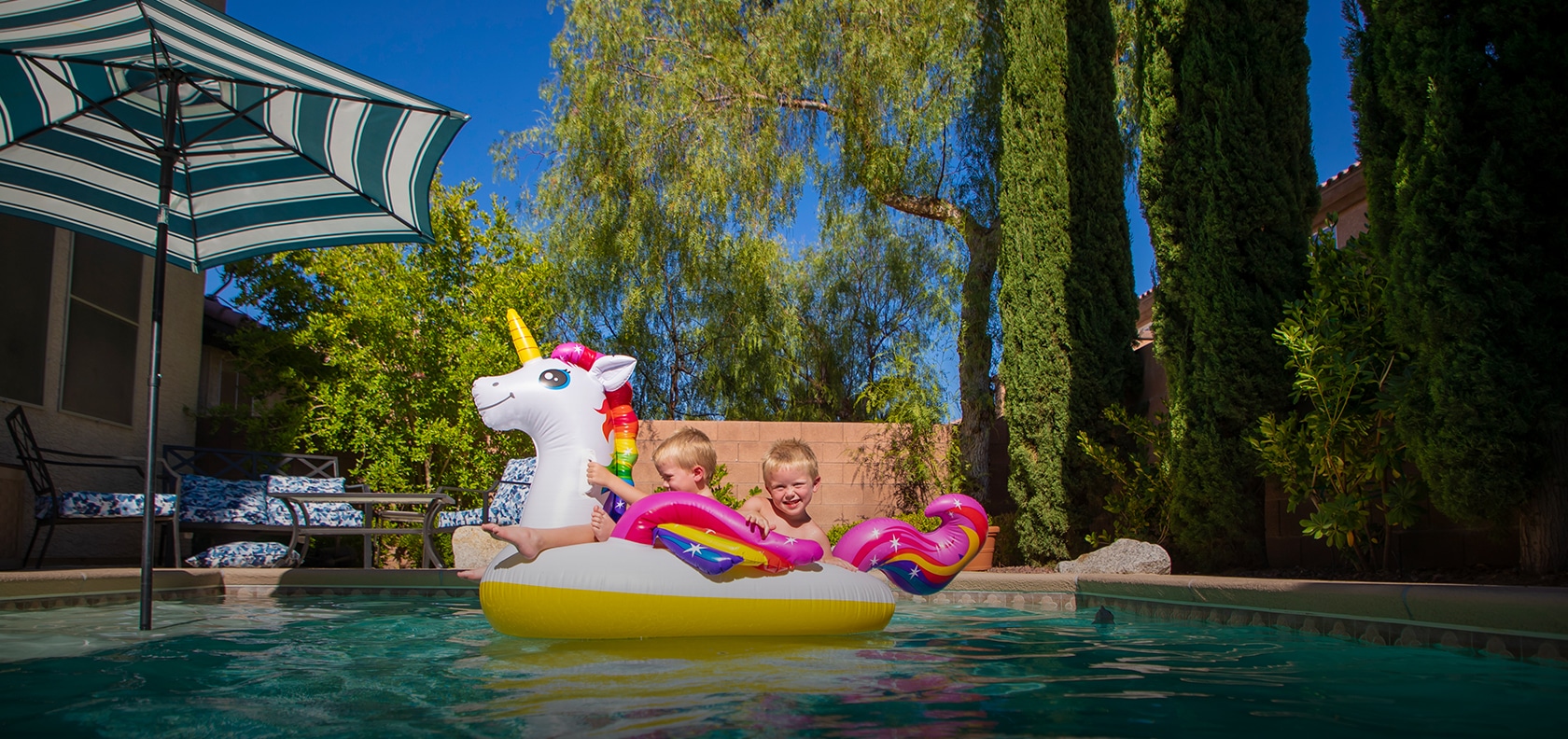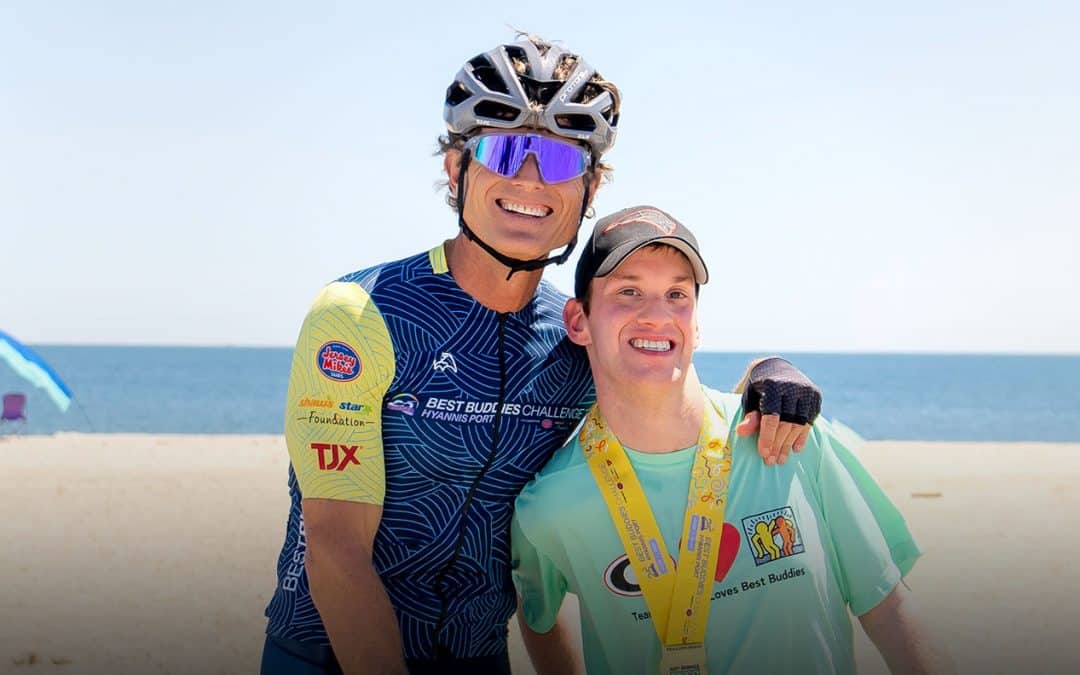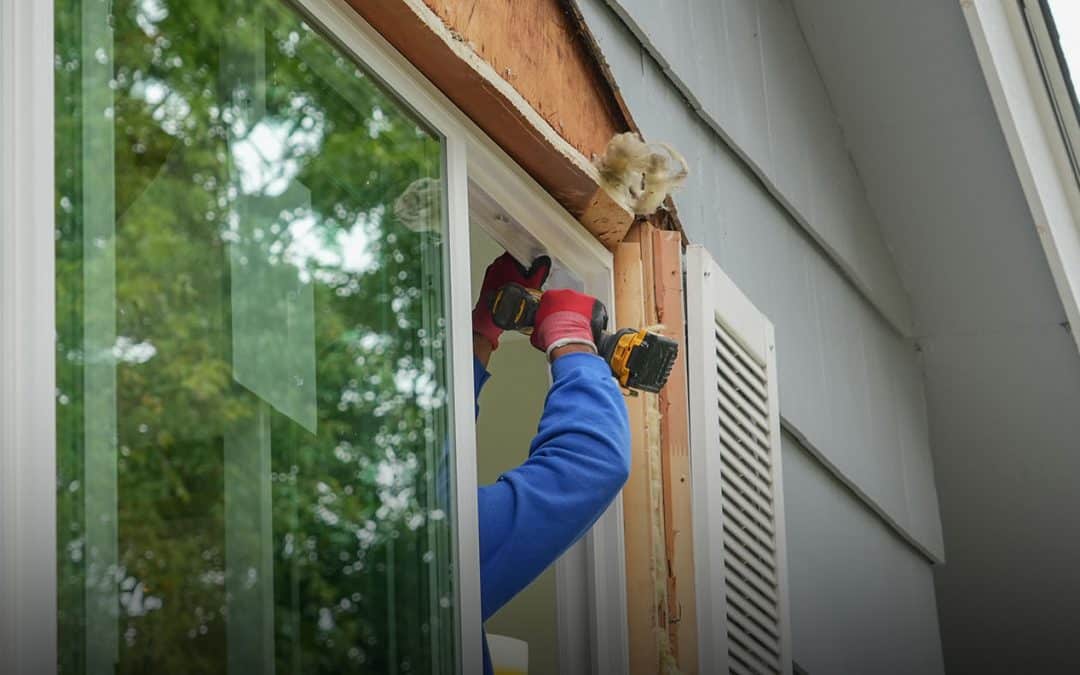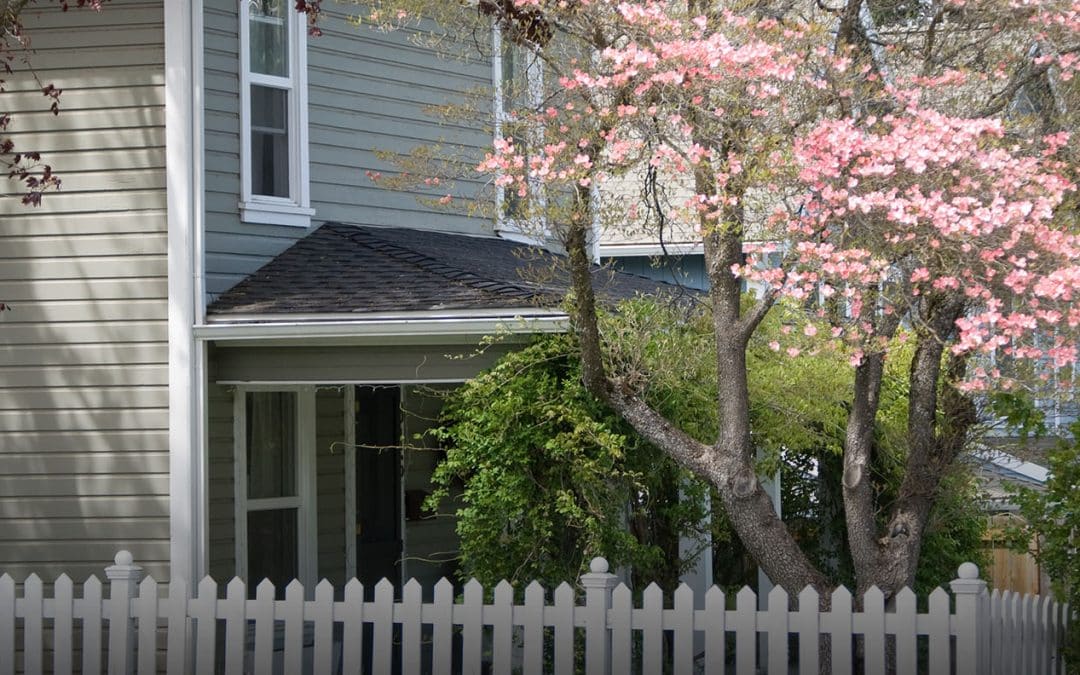The summer months are perfect to spend with family and friends around a backyard swimming pool. But despite the fun they bring, pools do pose their own risks.
According to a 2020 report by the U.S. Consumer Product Safety Commission (CPSC), an estimated 6,700 children younger than 15 years old were reportedly treated in hospital emergency rooms for nonfatal drowning injuries in pools each year between 2017 and 2019. The report also found that, on average, 379 children younger than 15 years of age fatally drown annually. In addition, 76% of hospital emergency room-treated nonfatal drowning injuries involved children under five years old.
The CPSC also found that 71% of reported fatal drowning incidents occurred at residential locations. Additionally, 56% of fatal drowning incidents involving children under 5 were due to gaps in adult supervision, according to the report.
To prevent pool drownings, we recommend the following safety tips:
Never leave a child unattended
Make sure a responsible adult is always supervising the children at a pool. It only takes a few seconds for a tragedy to occur.
Teach kids how to swim
Having children take swimming lessons as soon as possible is a vital safety skill.
Stay away from drains, pool filters
Because the suction from drains and pool filters may injure a child, or prevent them from surfacing, children should be taught to keep away from them. Drains and pool filters should also have covers.
Slow down
Children should be taught not to run around inground pools due to wet and potentially slippery pavement, which could cause them to fall and injure themselves. Also, children should learn about the dangers of jumping and diving into water, especially in the shallow area of a pool.
Install proper barriers
Having a barrier or fence with self-closing gates around a pool is essential to prevent small children and pets from entering the area unsupervised. You may want to install a lock, alarm, or pool safety cover for further protection. As mentioned earlier, accidents can occur around a pool in seconds and any barrier to slow children down in their excitement to go swimming is necessary.
Learn how to perform first aid and CPR
In the event of an emergency, every family member should know how to perform basic water rescue skills as well as first aid and CPR training.
Be on the lookout
Because kids always need to be supervised, especially when they are in and near water, adults need to remain on high alert. That means children should be kept within arm’s reach, and adults should avoid alcohol, cell phones, and reading. If around other adults, you can rotate supervising duties every 15 minutes to maintain vigilance.
Children aren’t the only ones that need to be safe around the backyard pool. When adults are relaxing by the pool, there are some rules you should as well:
- Do not let anyone use the pool alone.
- Keep life rings, floats, reaching poles, and other lifesaving equipment in an easy-to-access area.
- Have flotation devices, particularly Personal Flotation Devices (PFDs) or life vests, available for guests who are not experienced swimmers.
- Do not allow guests to swim or be near the pool if they are under the influence of drugs or alcohol.
- Do not allow glass bottles near the pool, as they can break and cause injuries.
- Use plastic cups and utensils near the pool to avoid injuries and protect your pool liner.
- Post the pool depth, especially if you have a diving board (for inground pools only). It should be clearly labeled not to dive in the low end or in shallow pools.
- Make sure the diving area is clear, so no one dives on top of another swimmer.
- Just like kids, adults should not run around inground pools as slippery pavement could cause falls leading to injuries.
Watch the weather
Everyone likes to swim when it’s hot, but excessive heat can cause dizziness, which is dangerous when around a pool. You should never swim when it’s raining or during lightning storms.
Liabilities of Having a Pool
While you can take every precaution, an accident can still happen on your property. Because pools are considered a liability risk, it’s a good idea to increase the liability coverage under your homeowner’s policy. A local independent agent can help you evaluate your property value and suggest an appropriate level of increased liability coverage.
You may also want to consider Umbrella Insurance, which is a type of personal liability insurance that protects against catastrophic liability claims. Having umbrella insurance with MAPFRE gives you that extra layer of coverage if you, your spouse, or your dependents living at home become responsible for damages that exceed the liability limits of your auto or homeowners policy.
Insurance protection not only covers you for liabilities, but it could also help replace your pool in the event a weather event destroys it.
We hope these tips will help keep you and your family safe in and around the pool! To ensure you get the right coverage for your home, talk to your independent agent about MAPFRE. You can also get a fast, free quote today on your Massachusetts car insurance policy to see how much you could save!



